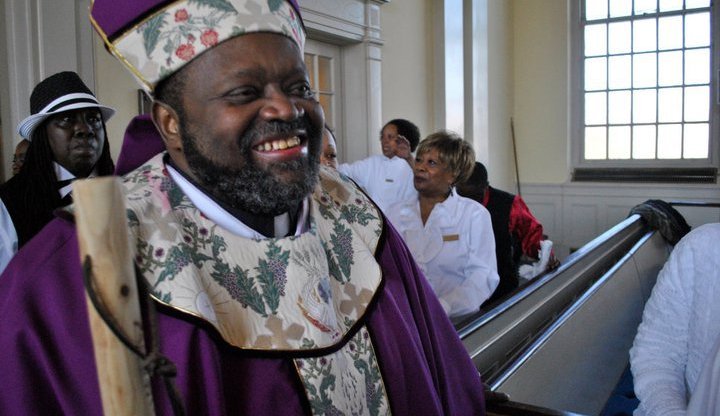Gay archbishop whose liberating Pride anthem inspired Lady Gaga’s Born This Way dies aged 77

Archbishop Carl Bean, founder of the Unity Fellowship Church Movement (Facebook/Carl Bean)
Archbishop Carl Bean, the gay gospel artist and minister who inspired Lady Gaga’s Pride anthem “Born This Way”, has sadly died aged 77.
A trailblazer in the LGBT+ church movement and a pioneering AIDS activist, Archbishop Bean attracted legions of supporters with his famously inclusive mantra “God is love and love is for everyone!”
He was best known in Los Angeles for establishing the Minority AIDS Project (MAP) and the Unity Fellowship Church of Christ, dubbed the first Black church for LGBT+ people.
A statement from the Unity Fellowship Church Movement on Tuesday (7 September) said he “made transition into eternal life” following a lengthy illness.
“Archbishop Bean worked tirelessly for the liberation of the underserved and for LGBTQ people of faith and in doing so, helped many around the world find their way back to spirituality and religion,” the church said.
“Our hearts go out to all as we mourn the loss of this trailblazing leader and legend in the worlds of activism, advocacy, AIDS community outreach, faith, liberation theology and so much more, [who] will live on for several lifetimes.”
Among his many achievements Bean was also an accomplished Motown, gospel and disco singer who hit the charts in 1977 with his empowering track “I Was Born This Way”.
The song was quickly embraced as a gay liberation anthem of the decade, with lyrics like “Yes, I’m gay/ It ain’t a fault, it’s a fact/ I was born this way” and “I’m happy/ I’m carefree/ and I’m gay/ I was born this way.”
It went on to inspire the likes of LGBT+ icon Lady Gaga, who directly credited Bean during the 10-year anniversary of her second studio album in May.
“Born This Way, my song and album, were inspired by Carl Bean, a gay black religious activist who preached, sung and wrote about being ‘Born This Way,'” Gaga tweeted after the ceremony. “Notably, his early work was in 1975, 11 years before I was born.
“Thank you for decades of relentless love, bravery, and a reason to sing. So we can all feel joy, because we deserve joy. Because we deserve the right to inspire tolerance, acceptance and freedom for all.”

